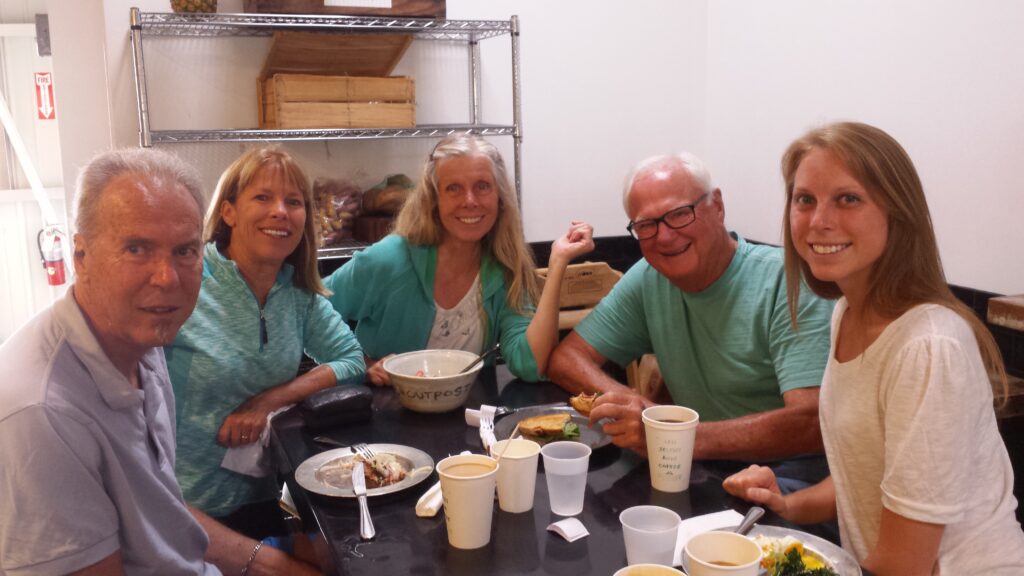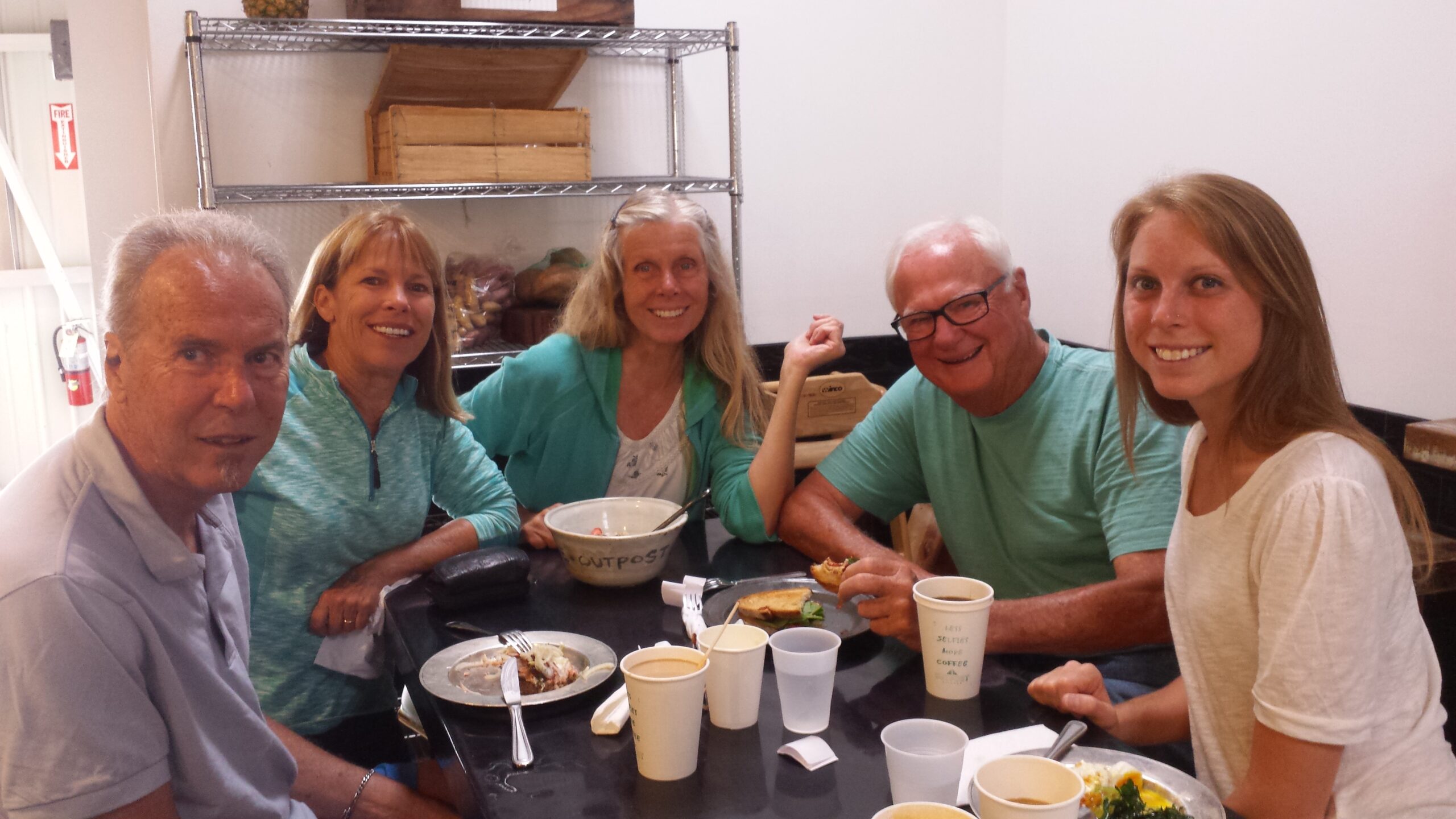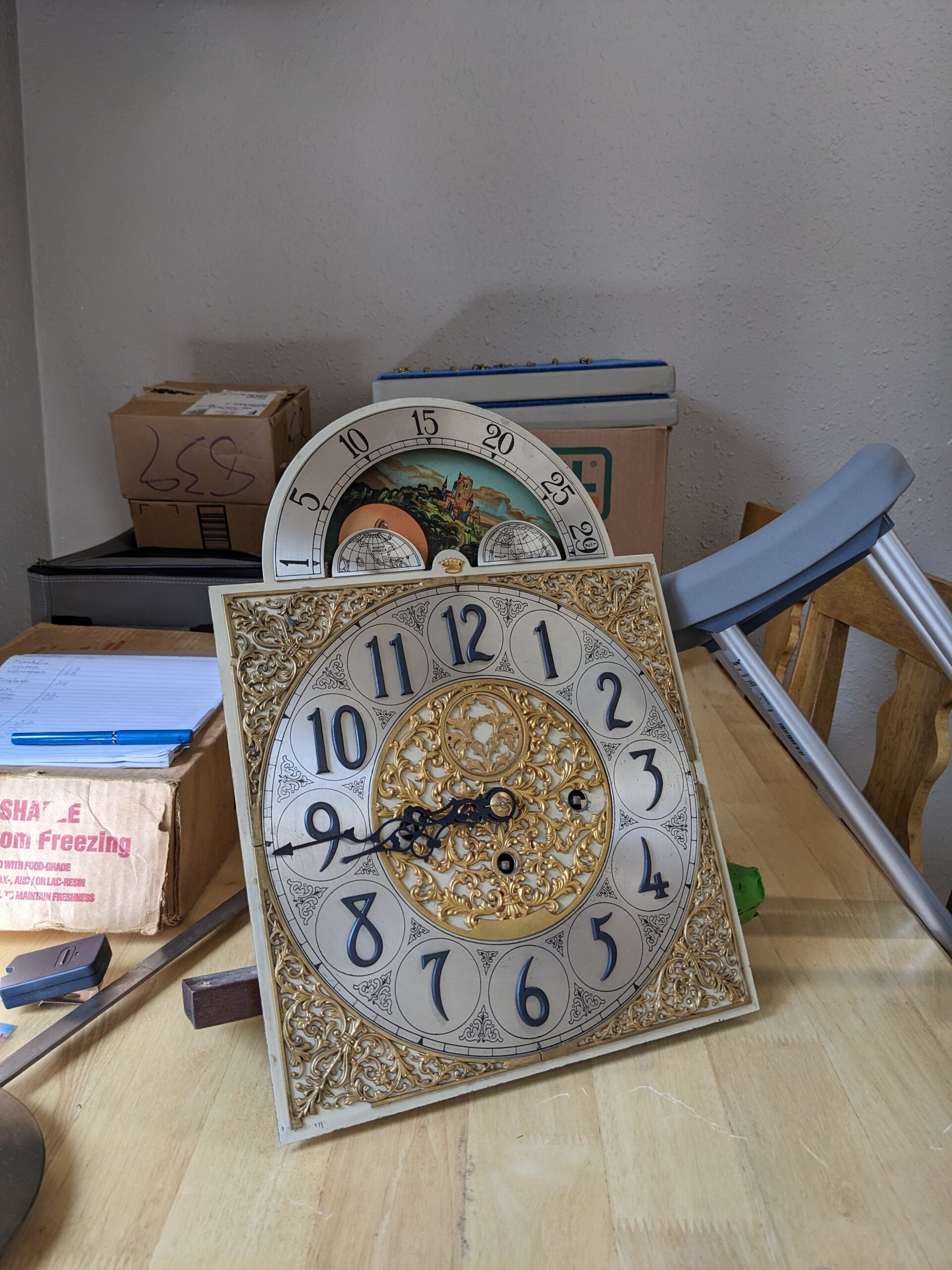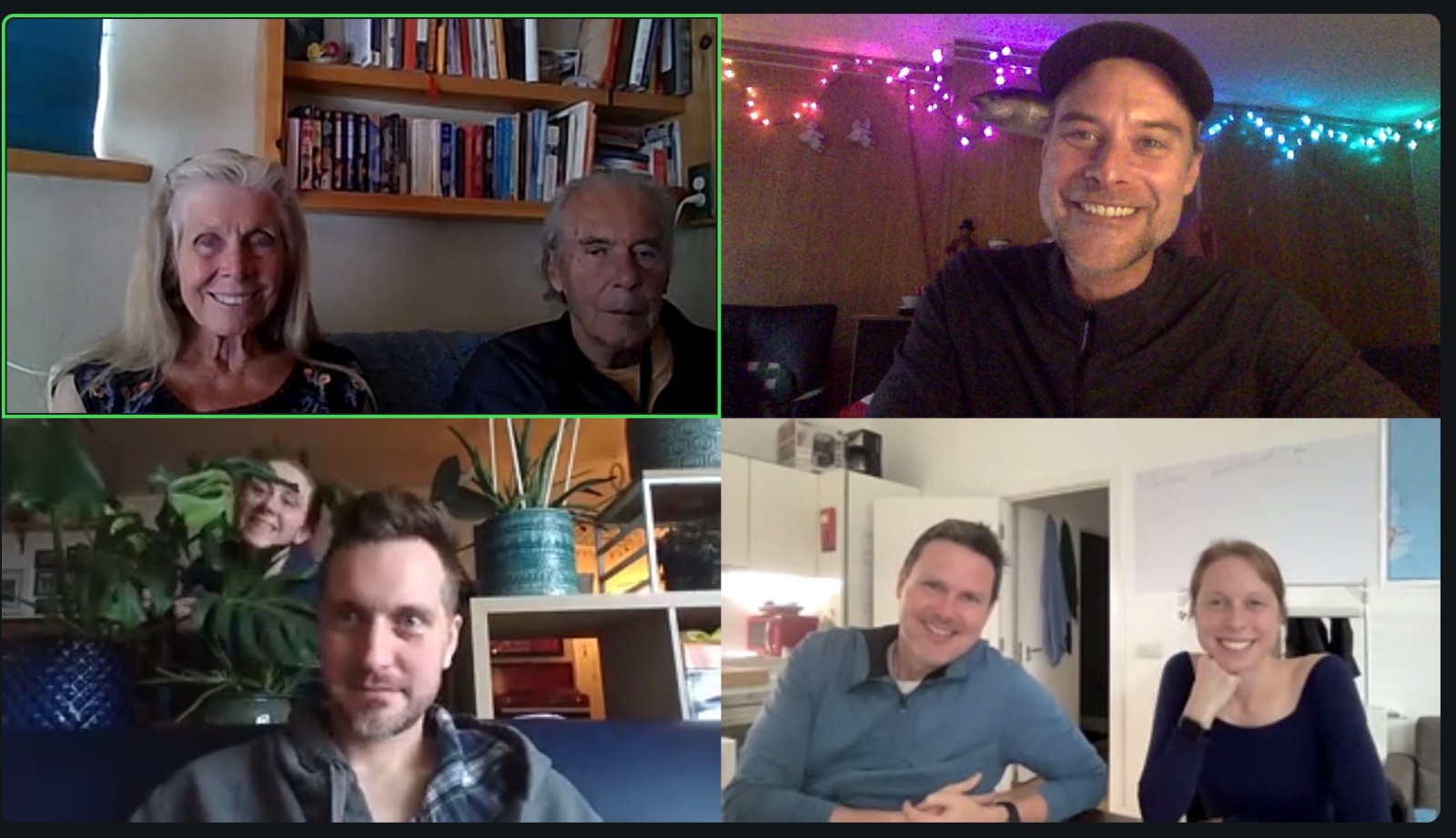
We rarely saw other people who were dealing with an illness or a condition that was visible. Andy was often the only person in the hardware store or the grocery line who was shaking.
What gets lost in the soul of a person who lives as if their condition makes them unfit for the public eye?
Before traveling to India, Andy had been spending much more time at home than before he had Parkinson’s disease. It made sense at that time because his constant shaking made it harder for him to be out and about. Being out also made some people around him uncomfortable and that is the part that over time can cause damage to one’s soul.
We rarely saw other people who were dealing with an illness or a condition that was visible. Andy was often the only person in the hardware store or the grocery line who was shaking.
One time, when he was out by himself, our daughter received a phone call, at her office in Taos Ski Valley, from a man who was questioning if it was safe for her father to drive. She wisely directed the man to call me and I informed him that Andy was approved for driving by his doctor. Another time, after Andy’s voice became a whisper because of the treatment for Parkinson’s an occupational therapist offered him her solution to his communication problem. She showed us a bright yellow thick tablet with a very large button keyboard that looked like a child’s toy. Her idea was that Andy could whip this thing out of his bag and spell out what he wanted to say by pushing each button for a letter. At the grocery store, if he could find an employee patient enough to stand there for a couple minutes waiting for him to push each button and spell out, W-h-e-r-e i-s t-h-e i-c-e c-r-e-a-m? then a mechanical female voice would blast, “WHERE IS THE ICE CREAM?”
Instead of being that kind of spectacle, Andy would sooner walk up and down every aisle until he found the ice cream for himself.
In America, time after time, when Andy and I were out in public together, people would only look at and talk to me.
All these people, in our real life circumstances, were intending to be nice. My point is that our culture doesn’t have a natural place in it for people like Andy who are living with conditions that make them different from the norm.
Every time a person with a disease or a condition that can be seen goes out in public in America, they risk being a spectacle, unwelcome and ignored.
It’s easier to stay home.
But what happens when that person succumbs to that condition, the condition of only being okay at home?
The fact of being a spectacle becomes what they believe. Staying home eliminates all possibility for a negative experience but it also effectively eliminates the many positive experiences that are possible for anyone out in public.
Staying home because of a justified fear is understandable but risky. It is an easy leap for the brain to conclude that one IS unfit for the public eye and believing that is what cuts the soul and chips away at one’s humanity.






I found this very helpful. it is also true for people aging and not feeling that
folks can talk directly to them. Hearing is also a detriment so again folks
turn away and talk to who the person is with.
I have learned so much about this whole life of caregiving from you caring for Nana!!